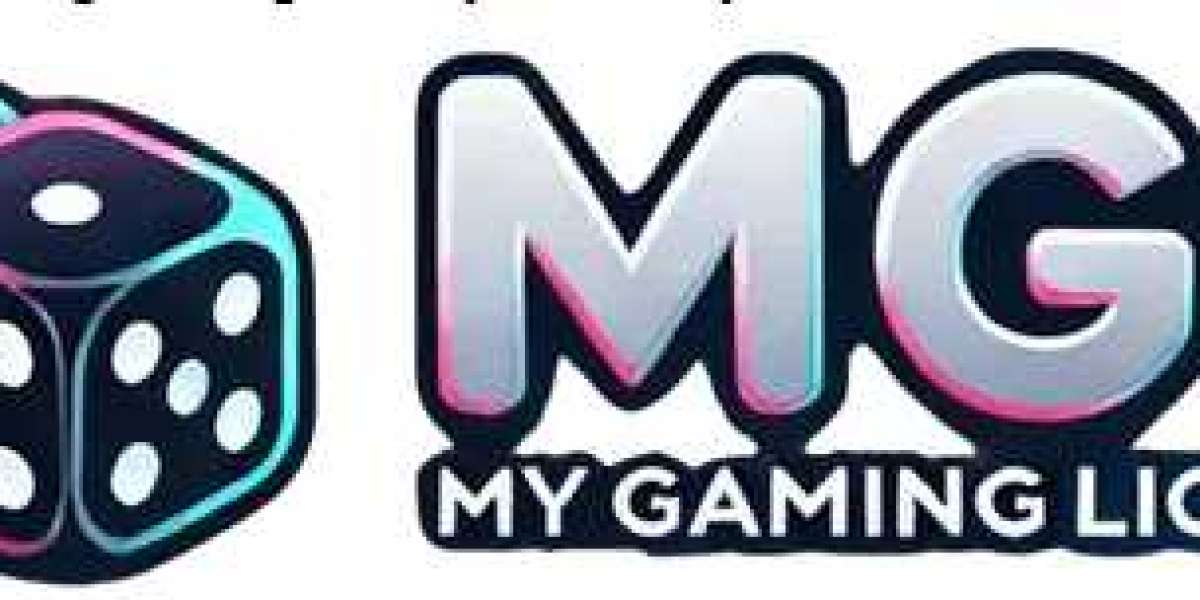My Gaming License: Anjouan Gaming License – Cost and Requirements
The Rising Prominence of the Anjouan Gambling License
In the increasingly competitive online gaming industry, operators face mounting regulatory pressures and an ever-growing demand for compliance with international standards. In this environment, securing a credible gaming license becomes not merely an option but a strategic necessity. Among the emerging licensing authorities, the Anjouan Gambling License has rapidly gained attention as a practical, cost-effective solution for operators seeking legitimacy and access to global markets. Issued by the autonomous island of Anjouan, part of the Union of the Comoros, this license is now a focal point for entrepreneurs aiming to establish or expand their iGaming operations.
Many companies opt for the anjouan gambling license as it ensures compliance with international standards while maintaining affordability.
Why the Anjouan Gambling License Stands Out
Unlike jurisdictions burdened by extensive bureaucracy and exorbitant fees, the Anjouan Gambling License presents itself as an appealing alternative. It combines affordability with a relatively straightforward application process. Operators increasingly gravitate toward Anjouan because it allows them to enter the iGaming sector with lower initial costs while still achieving recognition within the industry. Additionally, the license is often perceived as a gateway to establishing a reputable presence in developing gaming markets, particularly in Africa, Asia, and parts of Europe.
Cost Structure: A Transparent Financial Framework
Understanding the cost dynamics associated with obtaining an Anjouan Gambling License is paramount for any prospective operator. While the precise expenses may vary depending on the intermediary service provider facilitating the licensing process, the general financial framework is characterized by its transparency and affordability compared to traditional jurisdictions like Malta, Gibraltar, or the Isle of Man.
- Application Fee: The initial application fee typically ranges between $10,000 and $15,000. This fee covers the preliminary assessment of the business and the operator’s compliance capabilities.
- Annual Licensing Fee: Once the license is granted, operators are required to pay an annual licensing fee, usually between $15,000 and $20,000. This fee ensures the continued validity of the license and supports regulatory oversight.
- Compliance and Due Diligence Costs: While the regulatory requirements in Anjouan are considered less stringent than in some European jurisdictions, operators must still allocate resources toward anti-money laundering (AML) protocols, player protection mechanisms, and Know Your Customer (KYC) procedures. These ongoing compliance costs can amount to approximately $5,000 to $10,000 per year.
- Legal and Advisory Fees: Many operators enlist the support of specialized legal and consulting firms to navigate the licensing process. Such services may incur additional expenses ranging from $5,000 to $12,000, depending on the complexity of the business structure.
In aggregate, the total cost of acquiring and maintaining an Anjouan Gambling License in the first year generally falls between $35,000 and $50,000. This figure represents a notably lower threshold compared to licenses issued by more established authorities.
Core Requirements: Establishing Credibility and Compliance
While the Anjouan jurisdiction is often praised for its business-friendly regulatory approach, it nonetheless imposes a set of essential requirements to ensure operators uphold industry standards. Prospective license holders must demonstrate their commitment to responsible gaming, financial integrity, and operational transparency.
- Company Formation: Operators must establish a registered entity in Anjouan or another jurisdiction recognized by Anjouan’s regulatory body. The company’s structure should clearly define ownership, management roles, and financial responsibilities.
- Business Plan Submission: A comprehensive business plan is required, outlining the operator’s proposed gaming products, target markets, risk management strategies, and revenue projections. Regulators assess this document to evaluate the viability and sustainability of the business.
- Proof of Funds: Applicants must provide evidence of sufficient financial resources to support their gaming operations and meet player payout obligations. This requirement ensures that operators can maintain liquidity and fulfill their commitments to users.
- Background Checks: Key stakeholders, including directors and major shareholders, undergo rigorous background checks. Any involvement in criminal activities, financial misconduct, or regulatory breaches may result in the application’s rejection.
- AML and KYC Policies: The Anjouan Gambling License mandates that operators implement robust AML and KYC procedures. These policies aim to prevent fraudulent activities, money laundering, and underage gambling.
- Software and Security Audits: Gaming platforms must undergo technical evaluations to ensure the software is fair, secure, and capable of protecting player data. Independent auditing firms are often engaged to validate these standards.
Advantages Beyond Cost-Efficiency
Securing an Anjouan Gambling License offers several strategic advantages beyond its affordability. Firstly, the licensing authority’s flexible regulatory approach enables operators to innovate and adapt quickly to market changes. Secondly, the jurisdiction’s growing recognition among international banking institutions facilitates smoother financial transactions and payment processing solutions. Lastly, holding an Anjouan license enhances an operator’s credibility, reassuring players and business partners of the platform’s legitimacy.
Regulatory Considerations and Potential Challenges
Despite its advantages, operators must approach the Anjouan Gambling License with a measured perspective. Certain jurisdictions, particularly within the European Union, may view licenses from lesser-known regulators with skepticism. This could affect the operator’s ability to market their services in highly regulated regions.
Additionally, as the popularity of the Anjouan Gambling License increases, regulatory authorities may tighten their oversight mechanisms to align with evolving global standards. Operators must remain vigilant and prepared to adapt to potential regulatory shifts.
Final Evaluation: Is the Anjouan Gambling License the Right Choice?
For startups and mid-sized operators seeking to establish a foothold in the online gaming industry, the Anjouan Gambling License emerges as a pragmatic solution. It provides a cost-effective entry point without compromising essential regulatory safeguards. However, operators with aspirations of penetrating highly regulated markets like the UK or Germany may need to pursue supplementary licenses to achieve broader market access.
The Anjouan Gambling License represents more than just a cost-saving measure; it symbolizes an opportunity for operators to carve out their position in an increasingly crowded iGaming landscape. Those who navigate the licensing process diligently, while prioritizing compliance and operational integrity, can harness this license as a catalyst for sustainable growth and international expansion.









